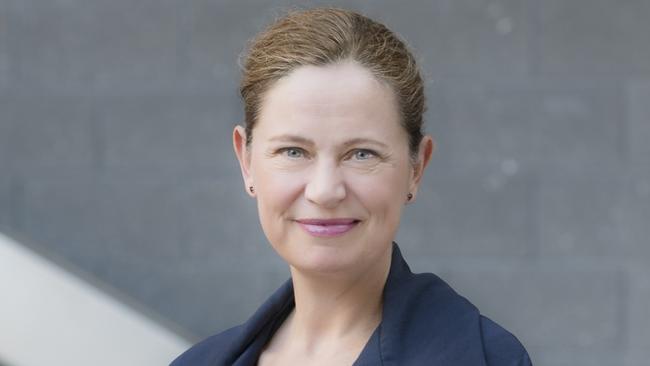Cyber security workforce must triple in five years to fight attacks
Training providers are acting quickly to skill up jobseekers in cyber security, with some courses being offered for free or at low cost to attract a new breed of tech worker.

Careers
Don't miss out on the headlines from Careers. Followed categories will be added to My News.
AUSTRALIA must triple its cyber security workforce within the next five years if it wants to tackle increasingly sophisticated attacks on government organisations and business.
New cyber security courses, scholarships and subsidies are being rolled out in a bid to attract more people to the industry.
Before the coronavirus pandemic, it was estimated Australia would need a further 18,000 cyber security experts by 2026.
However, experts now say even more workers are needed, with an increase in cyber attacks occurring since COVID-19 forced many Australians to work from home.
The Federal Government has announced it will spend $1.35 billion on cyber security in the next 10 years, as part of a program to create 500 jobs.

It has also subsidised places in cyber security courses under the Higher Education Relief Package to help displaced workers.
Queensland University of Technology School of Electrical, Engineering and Computer Science senior lecturer Dr Leonie Simpson says to meet demand, industry must target a more diverse range of talent.
QUT Online this year announced a cyber security scholarship for women, non-binary and Indigenous people, to address the current workforce imbalance where less than 20 per cent of global cyber security workers – and one per cent of C-level executives – are women.
“There is an urgent need for skilled professionals with the right cyber security and leadership credentials to stay one step ahead of the ever-evolving national and global cyber threats facing government organisations and business,’’ says Simpson.
“It’s essential that pathways into these positions are available to all Australians of all backgrounds, including female, non-binary and Indigenous Australians, to promote diversity in the burgeoning industry.’’

RMIT Online chief executive Helen Souness says COVID-19 has accelerated the need skilled workers.
It offers a Graduate Certificate in Cyber Security.
“Over the past few months, we have observed a significant shift in traditional ways of working and conducting business,’’ she says.
“Cyber security and blockchain technologies are emerging as business-critical skills and we are delivering the training that provides those skills in our workforce.’’
The vocational education sector is also embracing cyber security training, with WorldSkills Australia to host a cyber security competition at its national championships next year.
MORE NEWS
The in-demand workers in Australia now
How to gain skills to talk about in job interviews
Qualified pet groomers are in high demand
Tayla Burchell, 27, is about to finish a Graduate Diploma in Information Technology, specialising in cyber security and networks.
The former digital marketer, who received a scholarship that covers a quarter of her course fees, feels confident about her future job prospects.
“There’s so many jobs at the moment and IT is forever changing,’’ Burchell says.
“To start, I was hesitant to go into (a career in) IT because there are so few women but it’s definitely growing.
“Women are now drawn to (IT) because it’s flexible and you can work from home.’’
Originally published as Cyber security workforce must triple in five years to fight attacks
